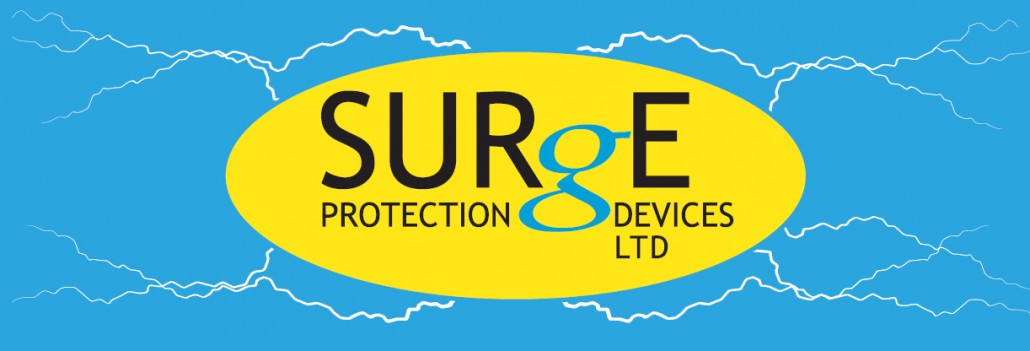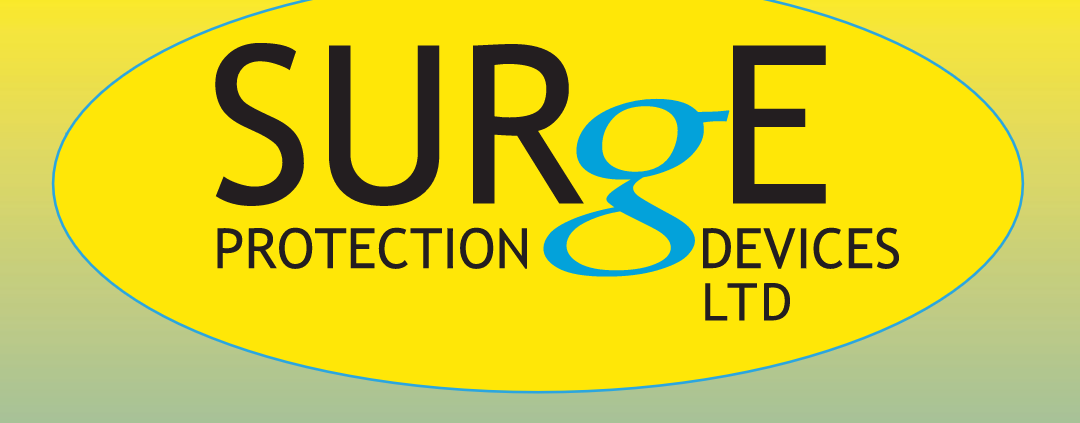Electric Vehicles and Surge Protection
By their very nature, EV chargers are both sensitive (limited impulse withstand capacity) and exposed to overvoltage. In fact, quite a few EV charger manufacturers will specify that an SPD should be installable or mention surge protection in the warranty details.
So where is the risk of damage?
EV chargers are installed outside; therefore, they are liable to experience the effects of nearby lightning strikes. There is an increased risk of the charger being damaged from the effects of lightning, if the installation has an external lighting protection system, or if the EV unit is supplied directly from the main incomer of a building fed by an overhead supply.
Damage could also come from the installation, in the form of switching overvoltages. Overvoltages could also come from the supply network, or be created by equipment within the electrical installation. This form of repetitive overvoltage could damage the sensitive components used in EV chargers.
Also, EV chargers can cause issues with the electrical installation. We have to consider that any cable that enters an installation can bring with it the risk of overvoltage, as mentioned previously, the effects of nearby lightning strikes, are a risk to the electrical installation, along with the EV charger unit. Inverter technology can produce overvoltages, which can potentially cause damage to sensitive equipment inside the installation.
So, our risks are:
- Damage to the EV charger
- Damage to the car
- Damage to the electrical installation
Using section 443 in BS 7671:2018 amendment 2 we can consider the requirements of SPD’s. Just as a reminder, 443.4 states that:
Protection against overvoltages shall be provided where the consequences caused by over voltage could:
- result in serious injury to, or loss of, human life
- result in damage to a safety service (deleted by corrigendum May 2023)
- result in significant financial or data loss
For all other cases an SPD shall be installed, unless the owner accepts the risk of damage.
The obvious starting place would be to consider the result in significant financial loss. EV technology is expensive to install, not just from a charger perspective but also for the car itself. We also have to consider the implications involved, if a charger was damaged and the user could not charge their vehicle.
There is also the risk to life implication that must be considered if loss of neutral technology is used. These devices are designed for use in installations where there is a PME earthing arrangement. When the PEN conductor is broken, the neutral voltage can rise with respect to true earth and the normal protective earth forms the return path for any current that could flow. This could cause a car plugged in to charge to become live, if contact was then made with the car there is a danger of electric shock. Most EV charger units now rely on this technology to disconnect the supply to the charger in the event of a fault. If this technology is damaged however, such as by the effects of lightning or some other form of overvoltage, this disconnection will not happen. Meaning that in the event of a fault, an electric shock could occur.
If the installation has an external lightning protection system, we also have to consider the requirements in BS EN 62305. Any cable that crosses the lightning protection zone 0 to zone 1, requires a type 1 SPD to be installed, to protect the installation. If, therefore, you are installing an EV charger (or bank of EV chargers) on an installation with an external lightning protection system, the DB supplying the external circuit will require a type 1 SPD to protect the installation, and another type 1 device in the feeder pillar supplying the chargers to protect the chargers from lightning effects on the external cable.
With all EV installations, I would recommend an SPD, this is to protect the car charger, itself, along with the installation.
I hope this article has provided some guidance on the requirements from BS 7671:2018 amendment 2, if you have any further questions, or would like to participate in any of our free CPD sessions, please do not hesitate to get in touch.
Kirsty Johnson MIET
01484 851 747



